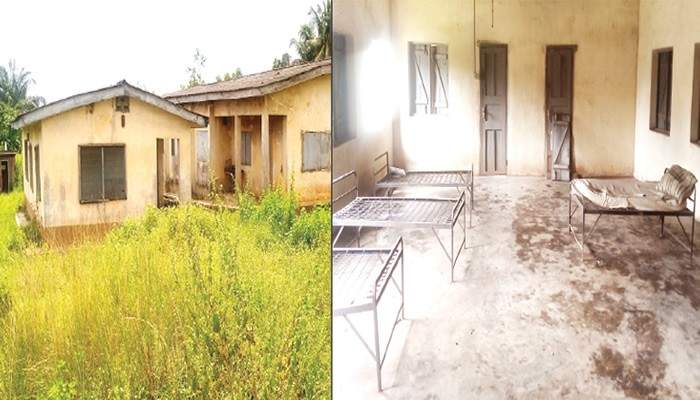A coalition of Civil Society Organizations (CSOs) and advocates for Primary Health Centre engagement has committed to establishing a monitoring unit aimed at overseeing the operations of healthcare facilities, particularly in rural areas, with the objective of uplifting healthcare services nationwide.
The group’s decision to create a monitoring unit was formalized during a meeting held in Kaduna and was articulated in a joint statement endorsed by the Chairman, Bala Ahmad Mohammad, and the Secretary, Peter Ibrahim Amfani.
According to the statement, the initiative is driven by the pressing need to ensure that all citizens, particularly those in rural areas, have access to affordable, high-quality medical care. The group highlighted the persistent challenges faced by the healthcare system, particularly in local government areas, which necessitated the establishment of the monitoring unit.
Notably, the CSOs underscored the inadequacy of modern medical facilities and the overall underdevelopment of healthcare infrastructure in Nigeria, leading to poor healthcare indicators with the country ranking among the lowest in Africa. The group emphasized the urgency to monitor the functionality of healthcare facilities, equipment, and personnel efficiency as a crucial step towards enhancing healthcare for underserved citizens.
Furthermore, the coalition expressed its resolve to focus on monitoring Primary Health Centres (PHCs) as a strategic effort to complement national healthcare development agencies and ensure that citizens have easy access to affordable and efficient healthcare services without bureaucratic hindrances.
During their deliberations, the group unearthed various barriers impacting the effective delivery of PHC services in Nigeria. These barriers included internal conflicts, crime, corruption, multiplicity of governmental and donor agencies, low political commitment to healthcare policies, disparities in remuneration between levels of care, inadequate referral services, staffing shortages, high costs of drugs and services, and limited availability of healthcare 24/7.
Notwithstanding these challenges, the group called on the federal government to bolster funding for the health sector and voiced concerns regarding the weakness of the current health system. They highlighted the urgent need for coordinated action nationwide, particularly in light of reported health workforce crises attributed to poor welfare, inadequate facilities, and growing dissension among healthcare workers.
